The Communication Skills You Need
_
BONUS FREEBIE: Your message deserves the media’s attention. So how do you get out there in a bigger way? I’ve got you covered. CLICK HERE to grab my free “Checklist to Become a Go-To Media Expert.”
_
Everyone can benefit from taking a communication skills course. (Yes, even you!) Think about it — we’re communicating at work and at home every day. All day.
I was a television news producer for almost 20 years and my expertise is working with the media. When I work with authors and leaders one-on-one, we talk about how to look their best on camera, what to say, and I give them tips to make their own videos.
Sure, you can learn communication skills on your own, or you can learn from me in my popular LinkedIn Learning course, External Communication Skills for Leaders.
In this episode of Inside Scoop I want to fill you in on the ins-and-outs of this course so you can get a preview of what you’ll be learning.
How does the media find experts?
This is one of the most-often asked questions I get. Where do producers find experts like you? Media, producers, editors, newspaper writers — they’re all looking for great stories, but they won’t know how to find you unless you make yourself known.
So, create some compelling content. Why wait for the media to find you? If you’re an expert then you must get content out into the world to be found. And as you create more content you’ll nail down your talking points, what you enjoy talking about, what gets you most excited, and what content engages other people.
Learn the Accordion Method
When media training clients one-on-one, we work through the Accordion Method. It’s a system I created to prepare a short, medium and long answer for anything that you’re going to talk about.
You never know how much time you’ll have to talk on-camera or in a meeting so practicing all three versions of the answer is so important. Make sure you can share these soundbites confidently.
__
__
What you wear matters
Producers notice how you present yourself. From how you look on camera to how your hair is styled to what outfits you wear, it’s all noticed. If you watch my videos you’ll see that I wear bright, jewel tones most often. It’s not for everyone but they look really great on camera. With a muted background and a pop of color on me, I’m then the focus.
It’s even important to understand how to put on makeup for the camera. It might be more or different than what you usually wear, but we look different on camera than in person.
Keep the conversation going
Maintaining the relationships you’ve made in the media is important. Hopefully you can use media attention to gain additional appearances. So start by sharing the interview with your network. Send an email to your list. Trust me, not everyone has seen it yet.
Then repurpose that interview as a blog, as social media posts, and when pitching new media outlets.
Find all my tips in the full episode here and if you’re ready to dive into the course, you’ll find it on LinkedIn Learning here.
_
BONUS FREEBIE: Your message deserves the media’s attention. So how do you get out there in a bigger way? I’ve got you covered. CLICK HERE to grab my free “Checklist to Become a Go-To Media Expert.”
_

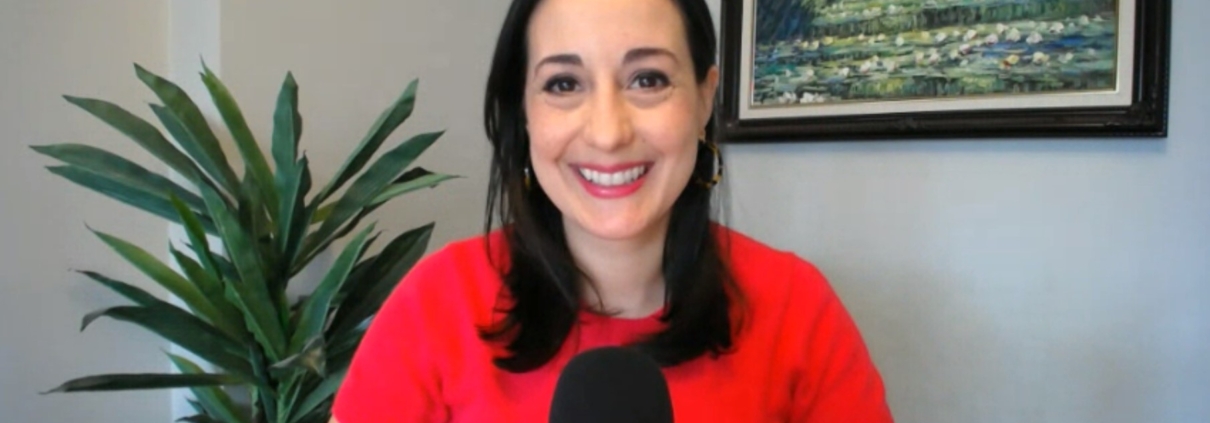
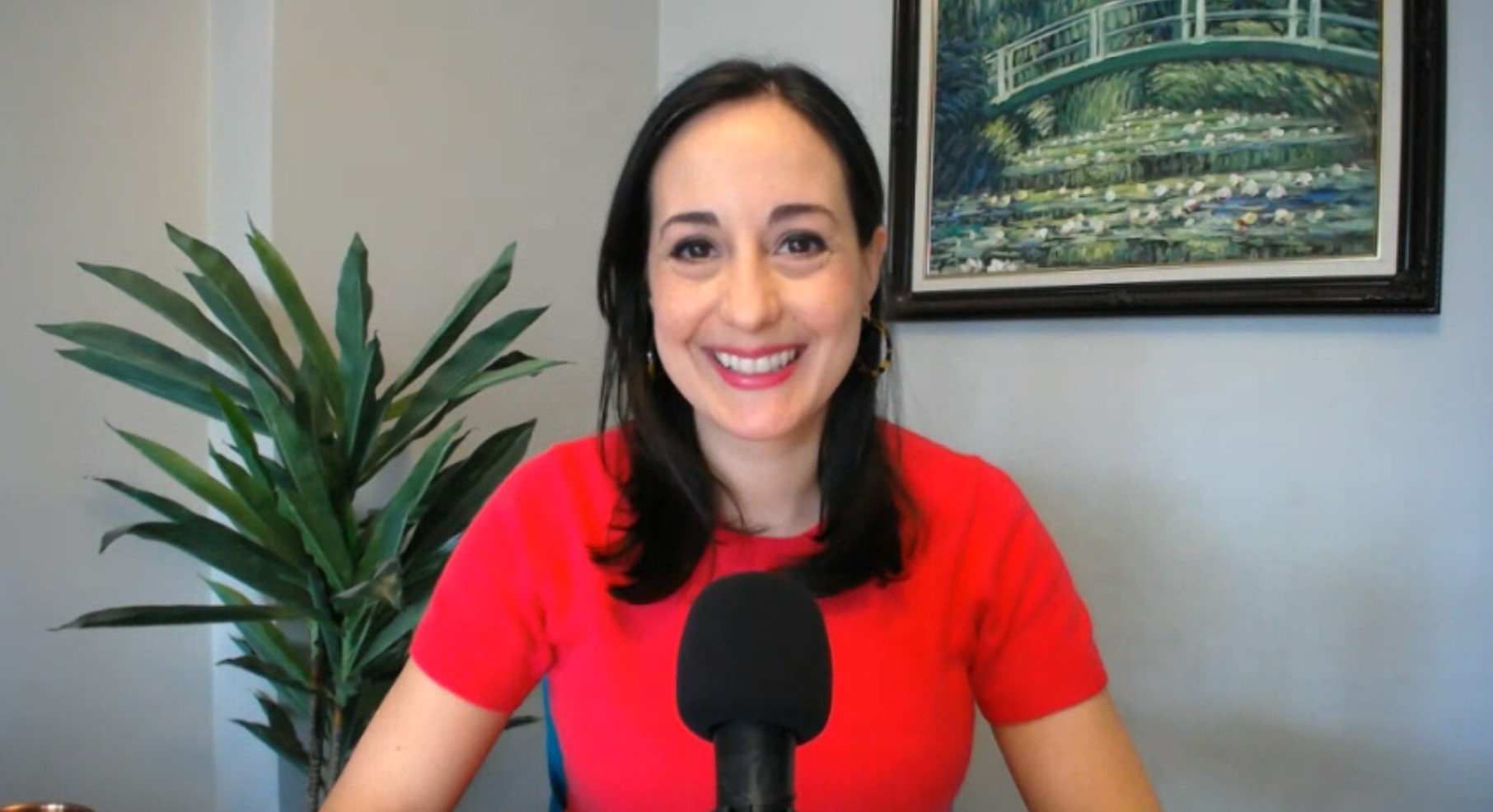
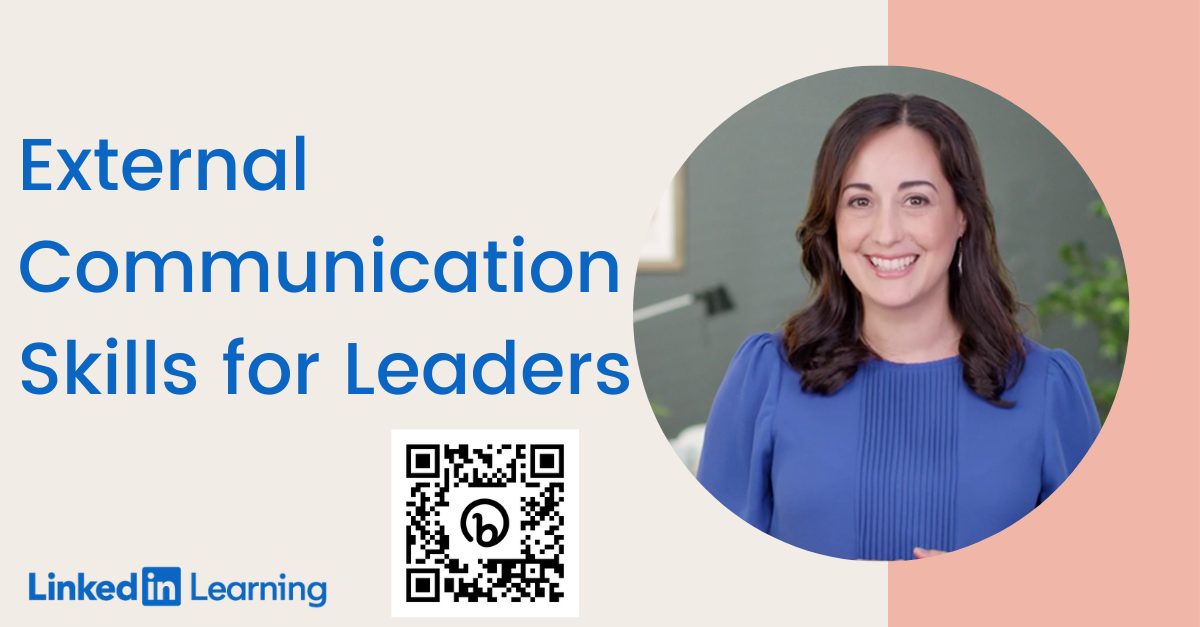
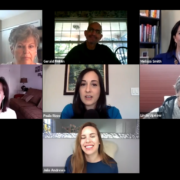
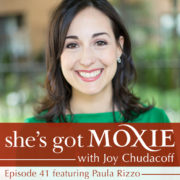
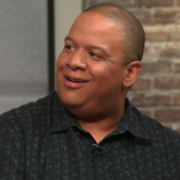
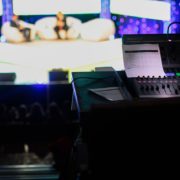


Leave a Reply
Want to join the discussion?Feel free to contribute!